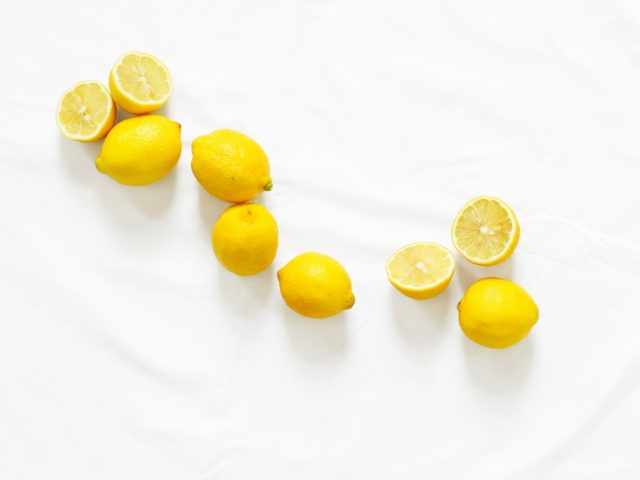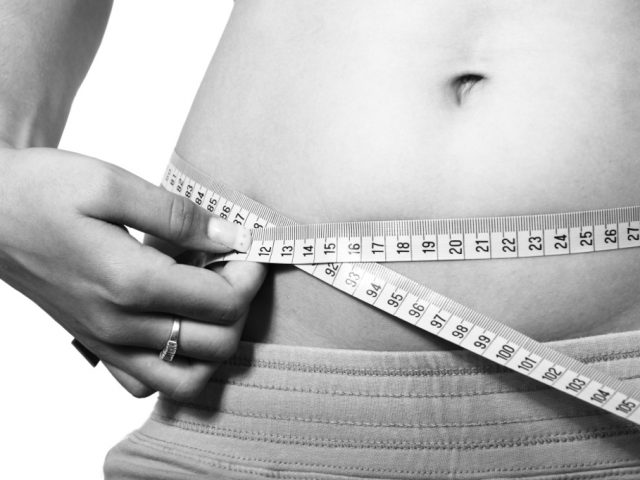Updated 21/04/23
How to boost collagen production. Collagen is the most abundant protein in the human body, found in bones, muscles, skin, and tendons. It is the substance that holds your body together. There are many types of collagen, but your body mainly consists of type 1, 2, and 3. As we age, we produce less collagen, hence the tendency toward wrinkles, thinning skin, joint pain and muscle weakness. So how does it decline?
Factors that delete your collagen levels:
UV damage
Studies suggest UV rays damage collagen through various mechanisms, including DNA damage to the cells that make collagen as well as the production of free radicals that damage collagen directly.
Smoking
The toxins in cigarette smoke damage collagen and elastin that keep skin firm and supple. A recent study suggest type I and III collagens were lower by 18% and 22%, of smokers compared with the non-smokers.
Sugar
When you consume refined sugar, it rapidly break down into glucose. Any excess glucose (that doesn’t get used for energy) gets attached to fats and proteins in your skin fibres, known as glycation. Glycation produces enzymes that can weaken and break down your collagen and elastin fibres.
Inflammatory diet
High processed food such as processed meat, trans fats cause dehydration and promoting oxidative stress. Trans fats also make you more vulnerable to UV damage.
Stress
Stress causes an increase in hormones like cortisol, which research has found can decrease the production of collagen.
How can you support it naturally?
Bone broth
Since bone broth is made of bones and connective tissue, it contains calcium, magnesium, phosphorous, collagen, glucosamine, chondroitin, amino acids, which are incredibly beneficial to skin health.
Egg whites
Although eggs don’t contain connective tissues like many other animal products, egg whites do contain a large amounts of proline. One of the amino acids necessary for collagen production.
Citrus fruit
Vitamin C plays a major role in the production of pro-collagen, the body’s precursor to collagen. Therefore, getting enough vitamin C is critical for collagen production.
Berries
Not only are berries an excellent source of vitamin C, they are high in antioxidants. They reduce free radicals ability to cause premature ageing.
Garlic
Garlic is high in sulphur, which is a trace mineral that helps synthesise and prevent the breakdown of collagen.
Leafy greens
Spinach, Kale and other salad greens get their colour from a pigment called chlorophyll. Some studies have shown that consuming chlorophyll increases collagen production.
Dark chocolate
Cocoa is packed full of minerals including calcium, copper, phosphorus, potassium and zinc. Researchers found cacao boosts skin health by increasing blood flow and improving skin density and hydration. Look for chocolate that is 70 percent cocoa or higher.
Exercise
Cardio training increases blood flow to help nourishing your skin cells and remove and toxins from your skin.
Herbal teas
Our naturopath formulated detox and glow herbal tea helps support healthy, clear skin. Herbs used in this blend have traditionally been used to help reduce inflammation, improve clearance of toxins and support collagen production. Blended with horsetail, a natural source of silica which is important in the formation of collagen, important for wrinkle prevention and skin health.
Invest in good quality skincare
Add a moisturiser rich in antioxidants to your daily skincare regimen. Vitamin C, Kakadu Plum and other antioxidants can protect against free radical oxidative damage to the skin, one of the major factors that contribute to collagen breakdown. We recommend our Hydrating moisturiser or Ultra rich moisturiser.
Serums which contain peptides have very good evidence for stimulating collagen and elastin in the skin, improving skin firmness, tone. Peptides are short chains of amino acids that act as building blocks of proteins such as collagen, elastin and keratin. These proteins are the foundations of your skin and are responsible for its texture, strength and resilience.
Hyaluronic acid (HA) is a substance found naturally in our skin. The largest amounts of it are found in your skin, connective tissue, and eyes. Its main function is to retain water to keep your tissues lubricated and moist. When applied to the surface of the skin, HA can reduce wrinkles and fine lines. HA also helps assists in the production of collagen.
For more information on “How to boost collagen production” or to book a naturopathic consultation please contact Beata at B inspired healthy lifestyle.
0



